This page features upcoming and past events, ranging from public lectures, workshops, exhibitions to seminars. Our project has, amongst others, contributed to the wonderful exhibtion Onderkruipsels / Crawly creatures at the Rijksmuseum Amsterdam (2021-2022) and conferences in Amsterdam (2022), London (2023), Rome (2024) and Leiden (2025). Links to the events, publications, as well as to recorded presentations on YouTube, you will find below.
Events
Upcoming events
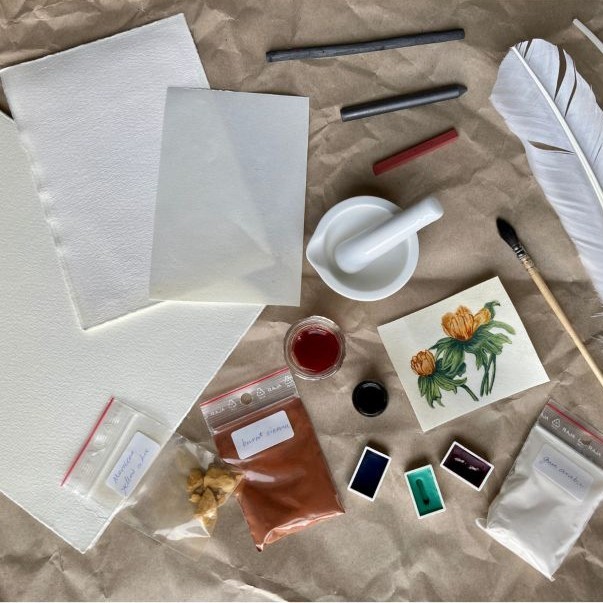
Workshop and talk: Illustrations, materials, and the environment
10 March 2026: Flora and fauna were not only subjects of natural history illustrations; artists’ materials for making images have been primarily sources from nature, with the environment affecting their supplies and qualities. In this talk and workshop at Leiden University, team member Jessie Wei-Hsuan Chen shows the heavy environmental presence in pictures. At the end of the talk, participants have a chance to try their hands at working with natural pigments and paints.
📅 10 March 2026
⏰ 15:15–17:00
📍 Leiden, Herta Mohr Building, room 0.16
Past events

Workshop: The Limits of Academia? Gender, Religion and the Production of Knowledge in the Early Modern Period
19 December 2025: Presentation and discussion by PI Eric Jorink on religion, natural philosophy and the production of knowledge in the early modern era in/outside of academia. The workshop will take place at KU Leuven.
For more information and registration, please click the link below:
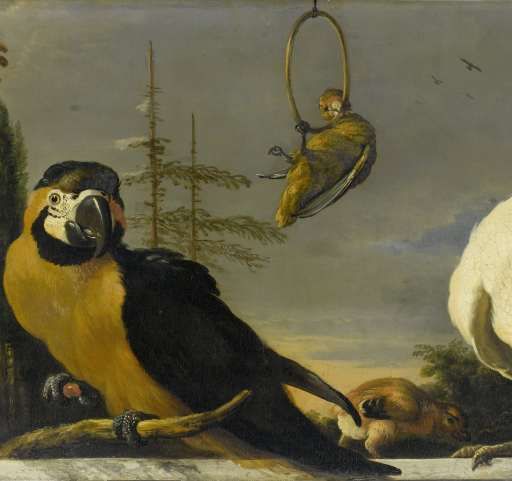
Animals in the Archives
4 December 2025: This seminar in the Artis Library, organised by ACSEM and supported by Visualizing the Unknown-team member Kirsten van Tunen, explores how animals sneak into history, literature and the materials of archives in a series of rapid-fire talks.
Animals are everywhere in the archives, you just have to know where to look. They slip into early modern account books. Consider all the documented horse trades in this era before fossil fuels. But animals also appear in court cases (occasionally even as defendants). In fact, they quite literally hold the archival record together. Think of sheep and cows whose skins became parchment, or the gall of insects that was made into ink.
The event starts at 15:30 at the Artis Library and is free.
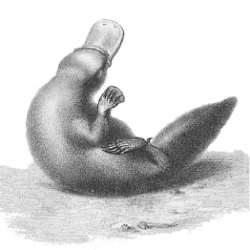
Conference presentation: Visualising and communicating plant anatomy
3 December 2025: Conference presentation by team member Jessie Wei-Hsuan Chen on visualising and communicating plant anatomy between the seventeenth and nineteenth centuries. The presentation is part of the 2025 Conference of the Australasian Association for the History, Philosophy, and Social Studies of Science, held at the Universit of Queensland and online.
For more information and registration, please click the link below:

Book Presentation: Everlasting Flowers between the Pages
3 December 2025: Presentation and discussion by team member Jessie Wei-Hsuan Chen on her new book Everlasting Flowers between the Pages: The Making of Seventeenth-Century Florilegia at the KB (National Library of the Netherlands) in The Hague.
For more information, please click the links below:
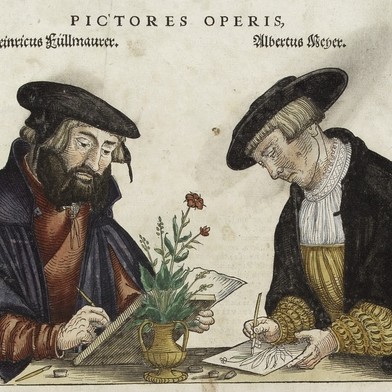
Research Seminar: The Role of Images in Early Modern Botany
6 November 2025: In this seminar, team member Jessie Wei-Hsuan Chen talks about microscopic observations of ferns in early modern Europe. The presentation will delve into visual strategies naturalists of the seventeenth and eighteeth century employed to visualize and communicate their microscopic observations.
For more information and to follow this event online, please see the links below:

Lecture: Anonieme kennis in de premoderne periode
7 November 2025: Team member Jessie Wei-Hsuan Chen gives a presentation about ‘Anonimity in early modern plant image and knowledge productions’ as part of the Najaarsbijeenkomst of Gewina. The three lectures in Utrecht will centre around anonymous knowledge in the premodern period.
For more information and to sign up, please click the link below:
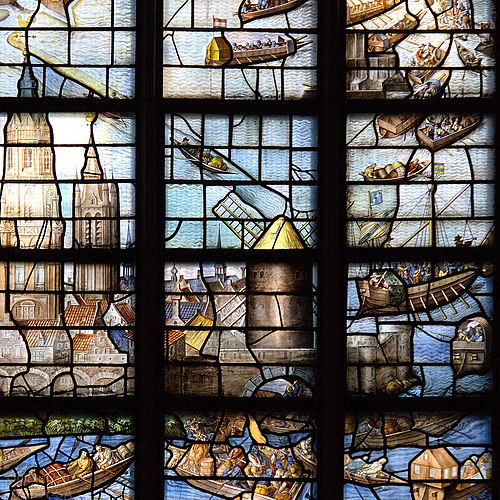
Lecture: Goudse Glazenlezing
1 November 2025: PI Eric Jorink gives a talk on nature depicted in stained glass windows in the Janskerk, Gouda. During the lecture, he will discuss the Gouda Glasses from the perspective of “natura artis magistra”. This Latin saying states that nature is the teacher of art and science. The talk (in Dutch) will take place in the Sint Janskerk and is freely accessible with a Vriendenpas, an entrance ticket to the church, a Museumkaart or Vriendenloterij VIP-kaart.

Lecture: Van goddelijke waarschuwing naar wetenschappelijk fenomeen met Eric Jorink
19 October 2025: As part of the Maand van de Geschiedenis, PI Eric Jorink gives a lecture on how our view of nature has changed over the centuries. Drawing inspiration from the exhibition Silence & The Presence of Everything in de Monopole, this talk focuses on the history of wonder, with sharp insights and rich stories. The lecture is given in Dutch and will take place in Schiedam.
For more information and to buy tickets, please click the link below:

Seminar: Harvard University Herbaria and Libraries
12 June 2025: Talk by team member Jessie Wei-Hsuan Chen titled ‘Scaling Up: Botanical Models and Shared Visions of Microscopic Observations in Plant Anatomy’ in Cambridge, MA.
For more information, please click the link below:

Book Launch Event: How to Do It? Hands-On Epistemologies Across Disciplines
27 May 2025: Second project leader Sietske Fransen and team member Jessie Wei-Hsuan Chen joins panel discussion on hands-on epistemologies across disciplines for the book launch of Laboratory Epistemologies: A Hands-On Perspective by Jenny Boulboullé.
For more information, please click the link below:
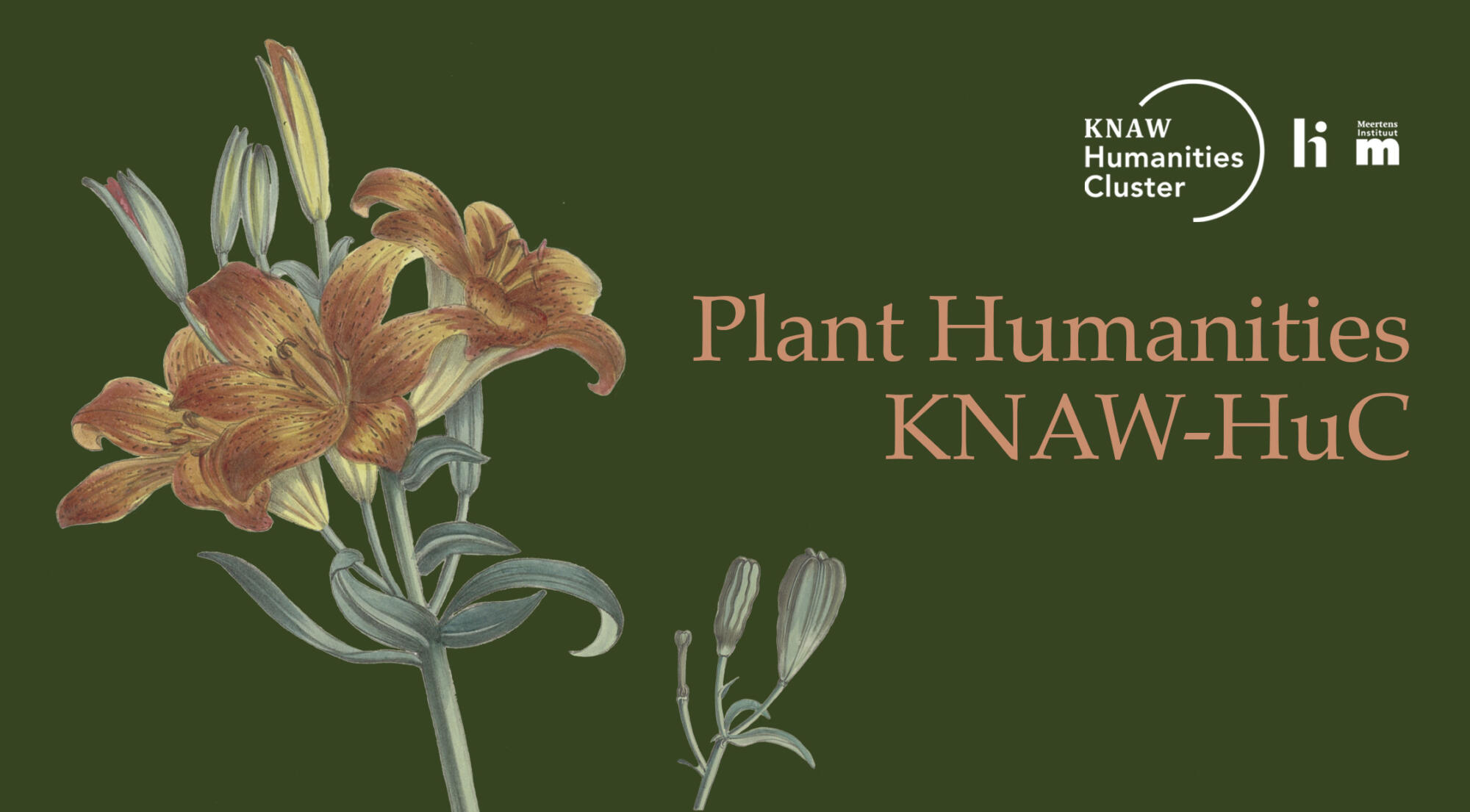
Colloquium: Plant Humanities KNAW-HuC
13 May 2025: Talk by team member Jessie Wei-Hsuan Chen titled ‘Picturing and Representing Plants in the Past: Materials, Techniques, and Artisanal Knowledge’ in Amsterdam and online.
This colloquium is organised by Luiza Teixeira-Costa and Jessie Wei-Hsuan Chen.
Public event but registration is required through https://forms.office.com/e/YUJEB4GzuE. For more information, please click the link below:
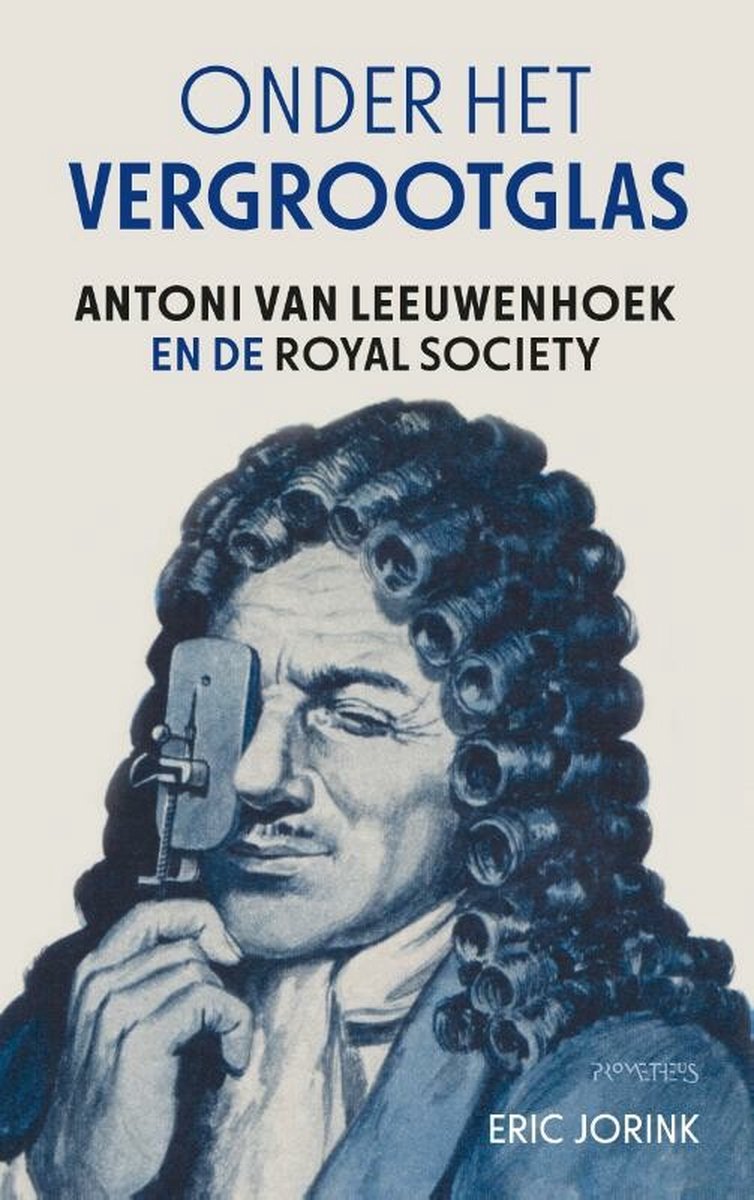
Descartes Centre Colloquium with Eric Jorink and Richard Calis
15 April 2025: Presentation and discussion by PI Eric Jorink on his new book Onder het Vergrootglas: Antoni van Leeuwenhoek en de Royal Society for the Descartes Centre Colloquium. This is a joint presentation with Richard Calis and his new book.
Registration not needed. Online attendance is possible via Teams. For more information, click the link below.
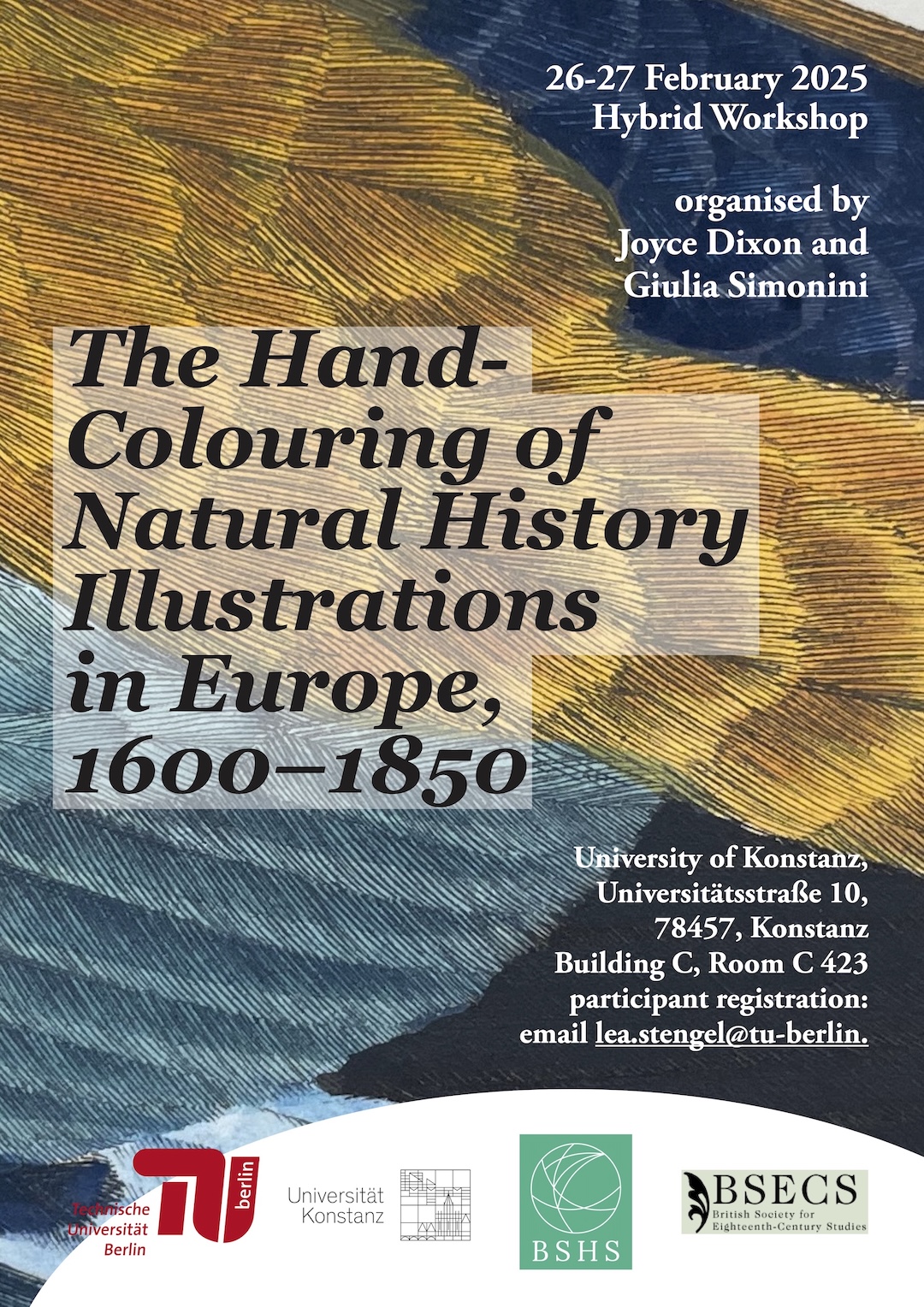
Workshop: The Hand-Colouring of Natural History Illustrations in Europe, 1600–1850
26 February 2025: Talk by team member Jessie Wei-Hsuan Chen entitled ‘Which Colour Comes First? Hand-Colouring Gradations on Plants in the Sixteenth and Seventeenth Centuries’ in Konstanz.
This workshop is organised by Joyce Dixon und Giulia Simonini.
Public event but registration is required, for more information please click the link below:
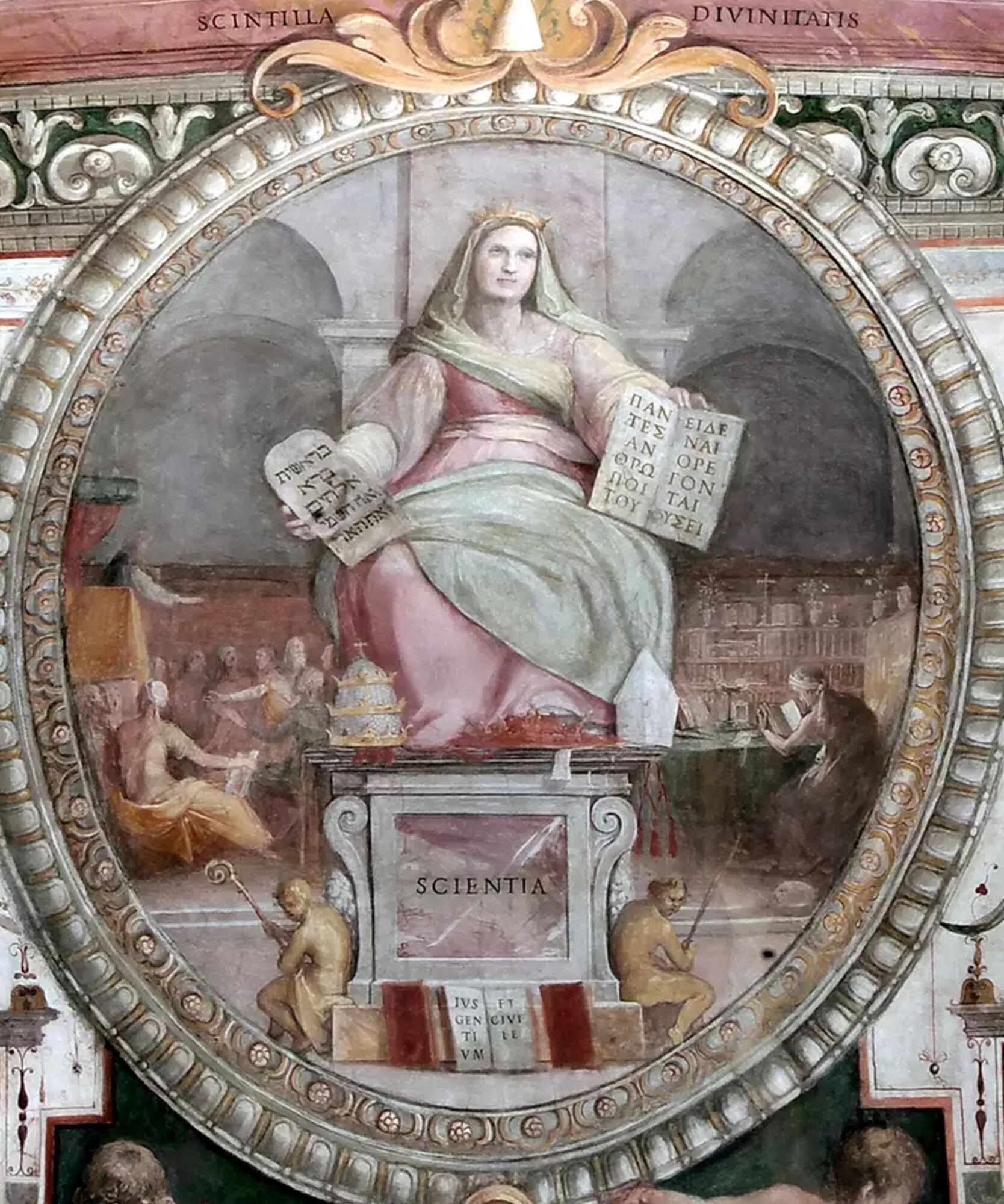
Conference: Visualizing Science in Media Revolutions
22 May 2024 – 24 May 2024: This conference brings together almost five years of research from the Max Planck Research Group “Visualizing Science in Media Revolutions.” The Research Group has compared different scientific disciplines of the late medieval and early modern periods, from anatomy to the study of magnetism.
Public event without registration, to follow please click the link below:
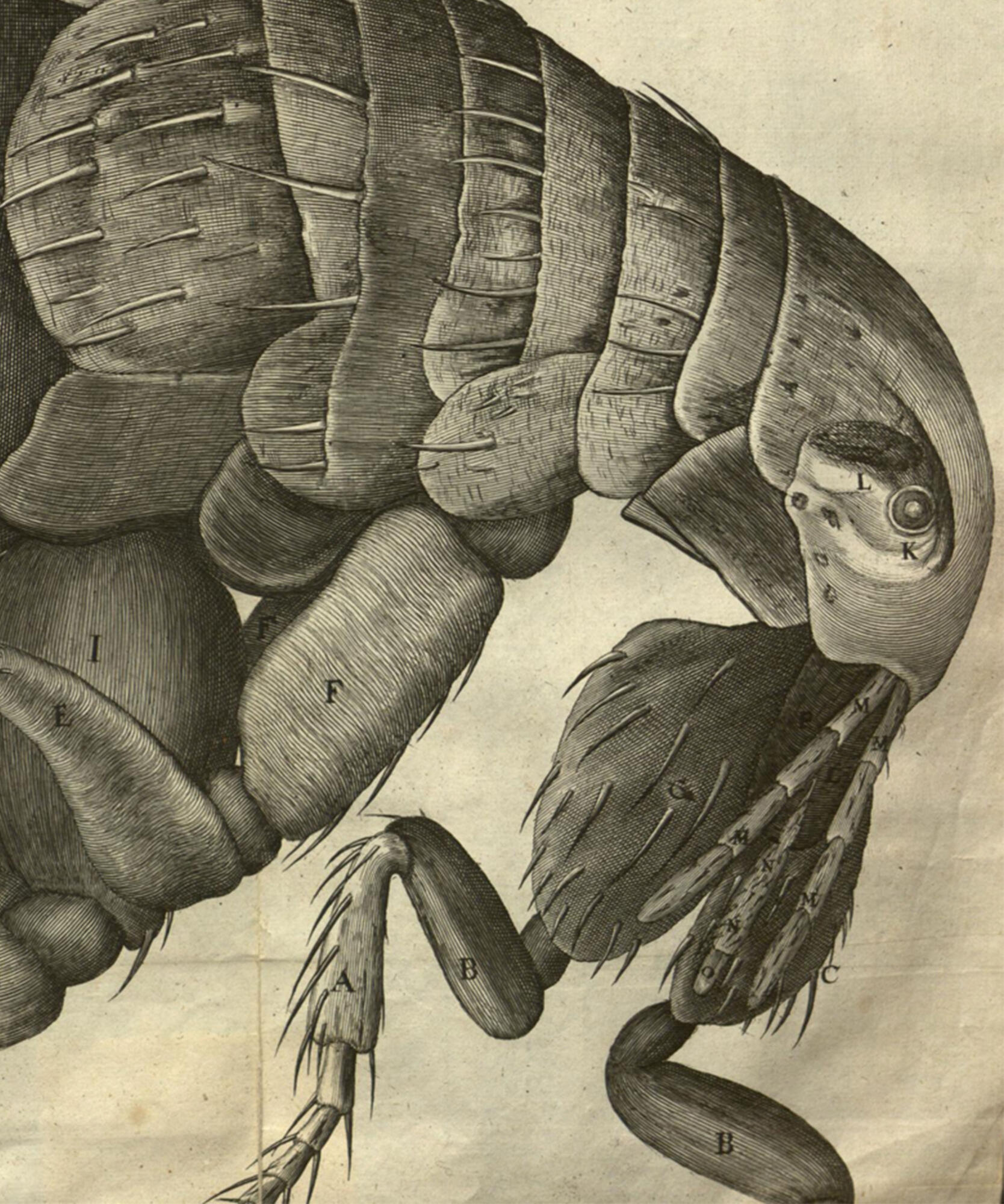
Panel Discussion RSA 2024: Drawing Practices in Knowledge Production
21 March 2024: Panel discussion on Drawing Practices in Knowledge production organised by Katherine M. Reinhart of Bringhamton University, and Sietske Fransen, Biblioteca Herziana, Max-Planck-institut für Kunstgeschichte.
With a talk by Sietske Fransen: ‘Drawing to see the Invisible. Focussing on how the practice of drawing was part of the observational process’. For more information, and the abstract, please click the link below:
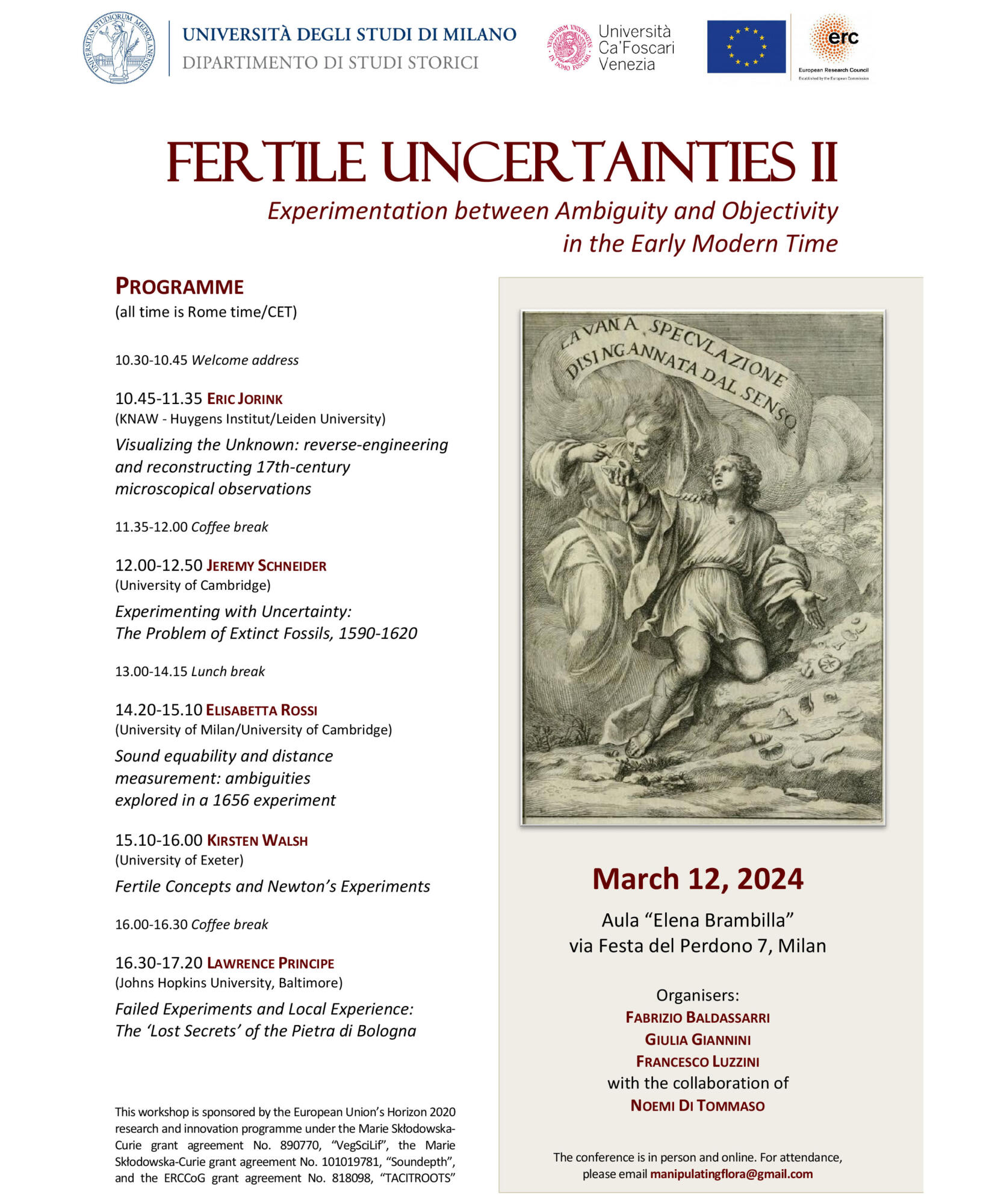
Conference: Fertile Uncertainties II, Experimentation between Ambiguity and Objectivity in the Early Modern Time
12 March 2024: A presentation by our PI Eric Jorink: ‘Visualizing the Unknown: reverse-engineering and reconstructing 17th-century microscopical observations’ at the expert-meeeting Fertile Uncertainties II in Milan, in the context of the ERC-project TACITROOTS. The Accademia del cimento in Florence.
The conference was organised by Fabrizio Baldassarri, Giulia Gianinni, Francesco Luzzini and Noemi di Tomasso. An edited volume with the proceedings will follow.
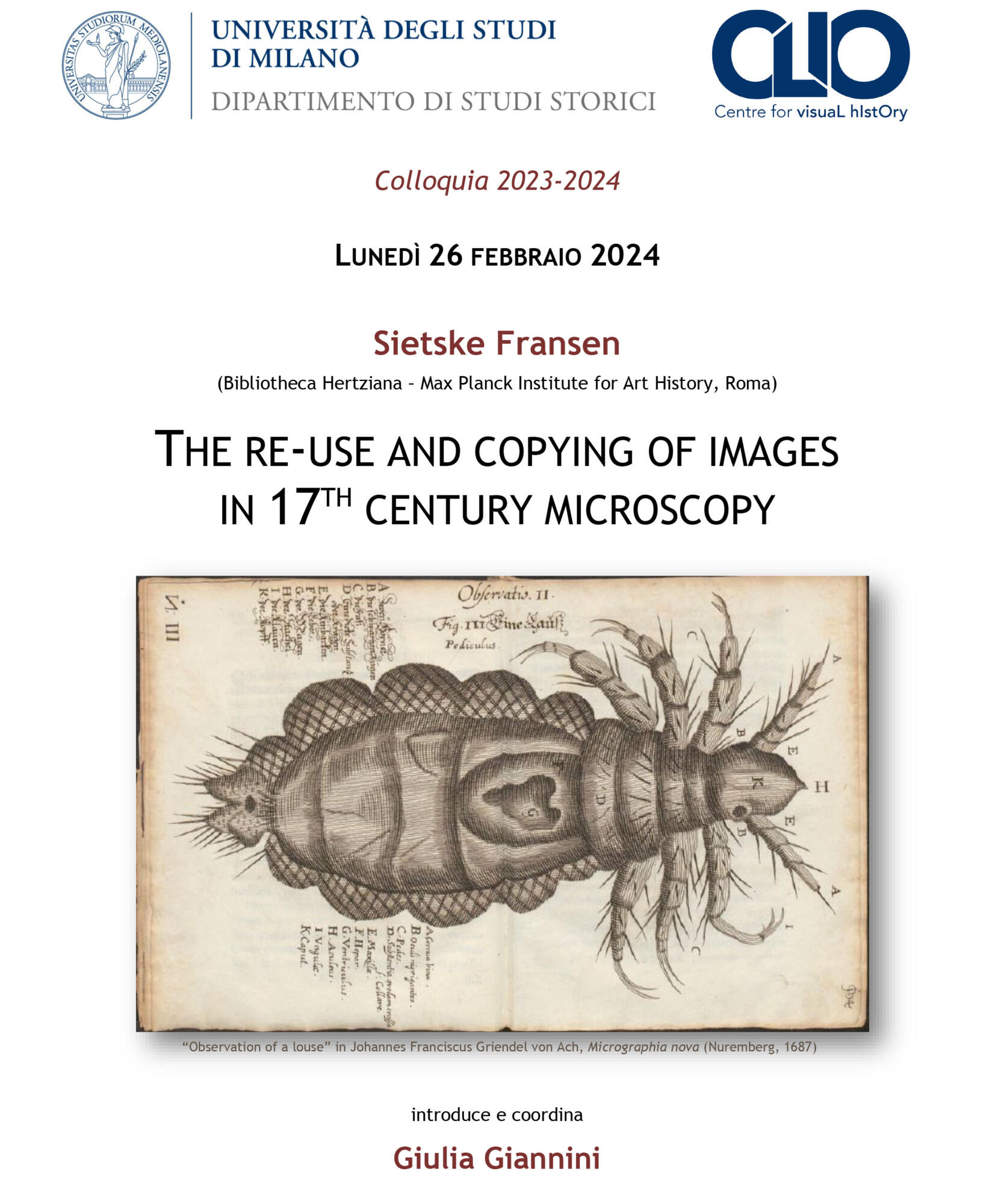
Colloquim: The re-use and copying of images in 17th century microscopy, Università degli studi di Milano
26 February 2024: a presentation at the university of Milan by Sietske Fransen on copying and re-using prints in early modern microscopy.
The colloquim was organised by Giulia Giannini, in the context of the ERC-project TACITROOTS. The Accademia del cimento in Florence.
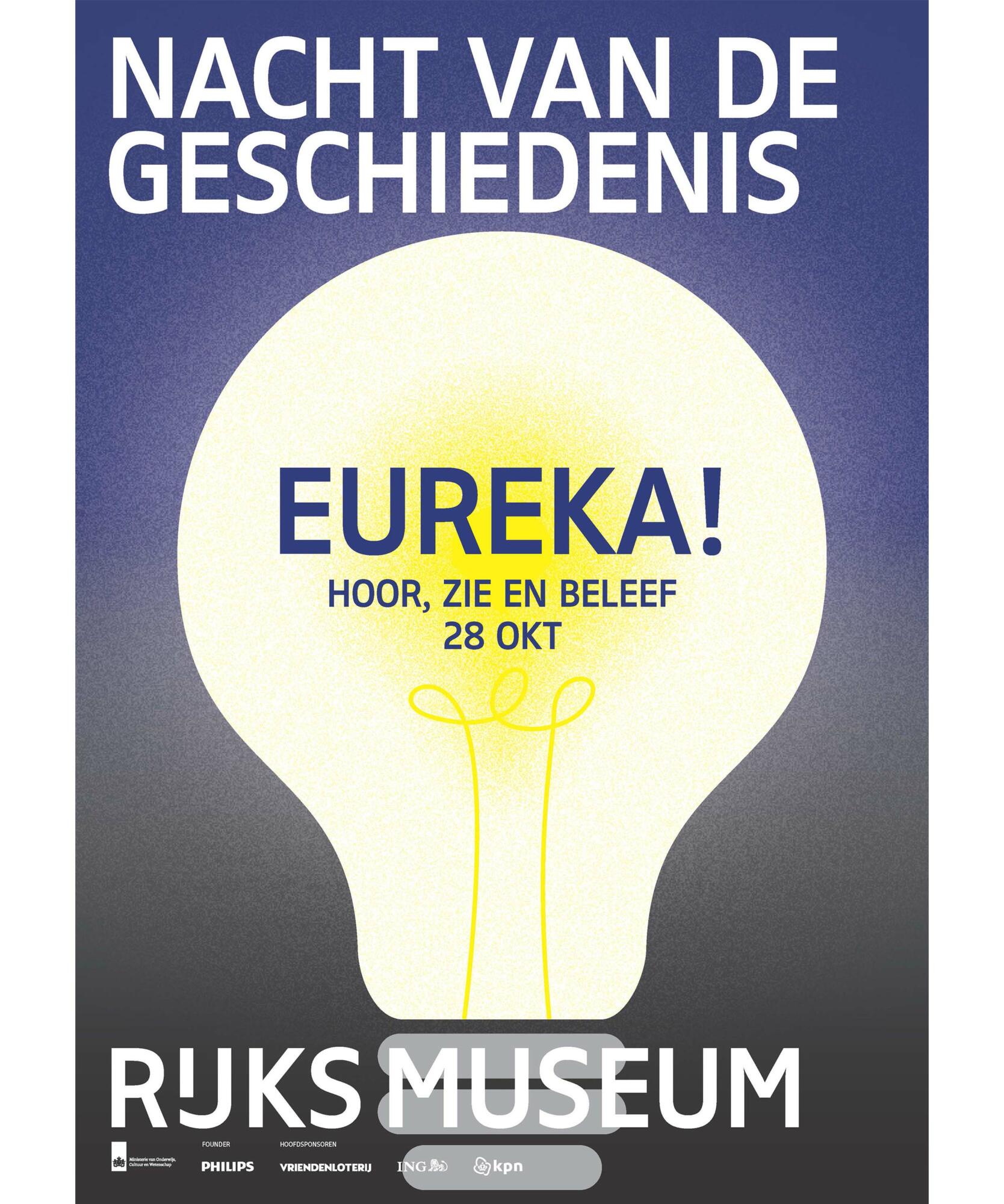
Public Event: Nacht van de Geschiedenis, Rijksmuseum Amsterdam
28 October 2023: Eureka! Een ontdekking, uitvinding of compleet nieuw perspectief: sommige wetenschappers wijdden hun hele leven aan dat éne ‘Eureka-moment’. Hun inzichten hebben onze blik op de wereld gevormd, en nog altijd wordt onze manier van kijken beïnvloed door nieuwe kennis. Op deze avond presenteren Ellen Pater, Larissa van Vianen en Eric Jorink de zeventiende-eeuwse ontdekkingsreis maar micorscopisch levem, in woord én beeld.
For more information on the program, or booking tickets, please follow the link below.
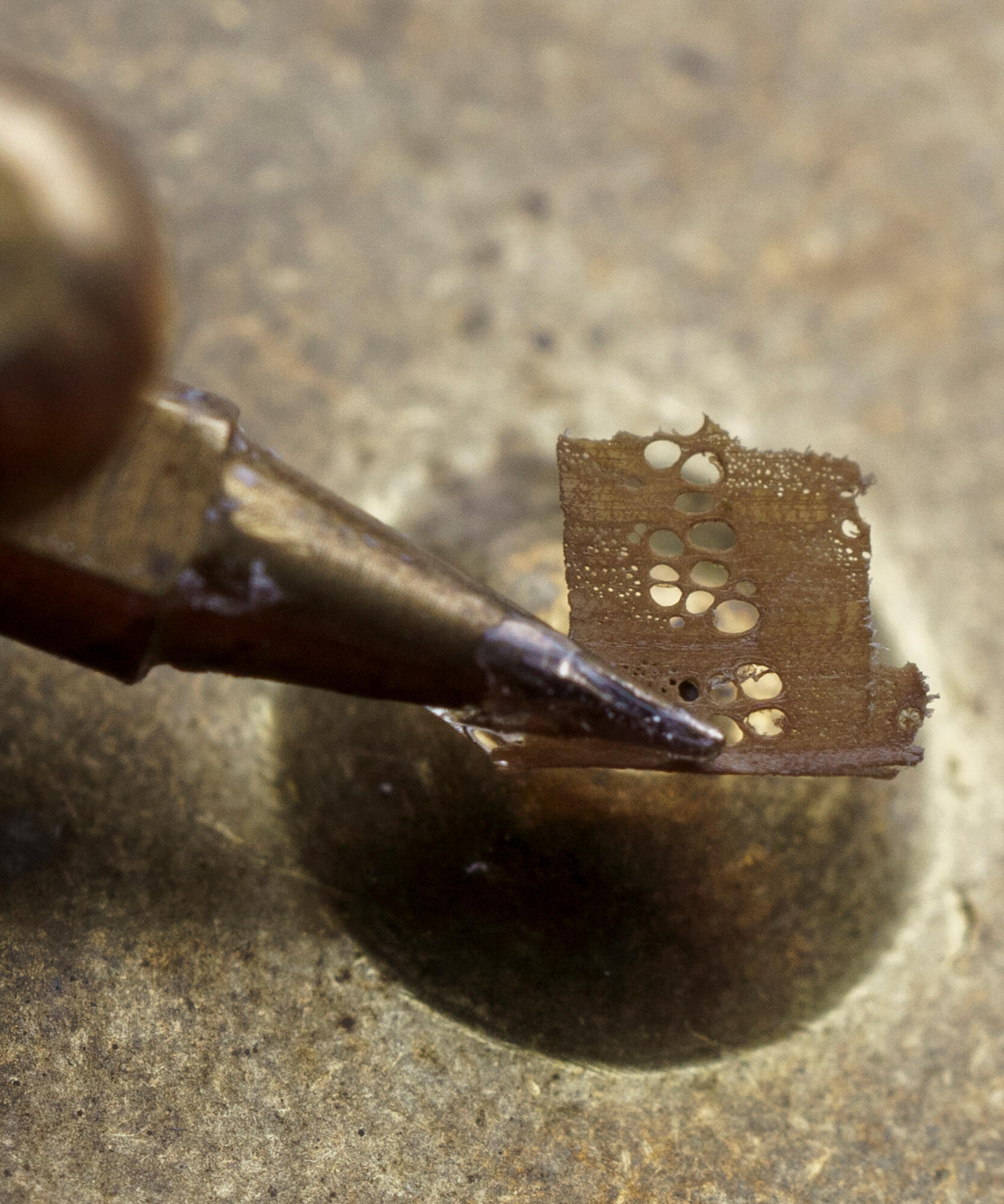
Talk: How to See the Invisible: New Instruments, Observation Techniques, and the imagination in Seventeenth Microscopy
10 October 2023: KIIP Talk & Workshops by Sietske Fransen
Team member Sietske Fransen will hold a talk at the Vrije Universiteit Brussel entitled ‘How to See the Invisible: New Instruments, Observation Techniques, and the imagination in Seventeenth Microscopy’. This talk will discuss how an interdisciplinary approach to the history of microscopy can gives us new insights into practices of science and art in the sixteenth through the eighteenth centuries.
For more information on the talk and workshop, please follow the link bellow:
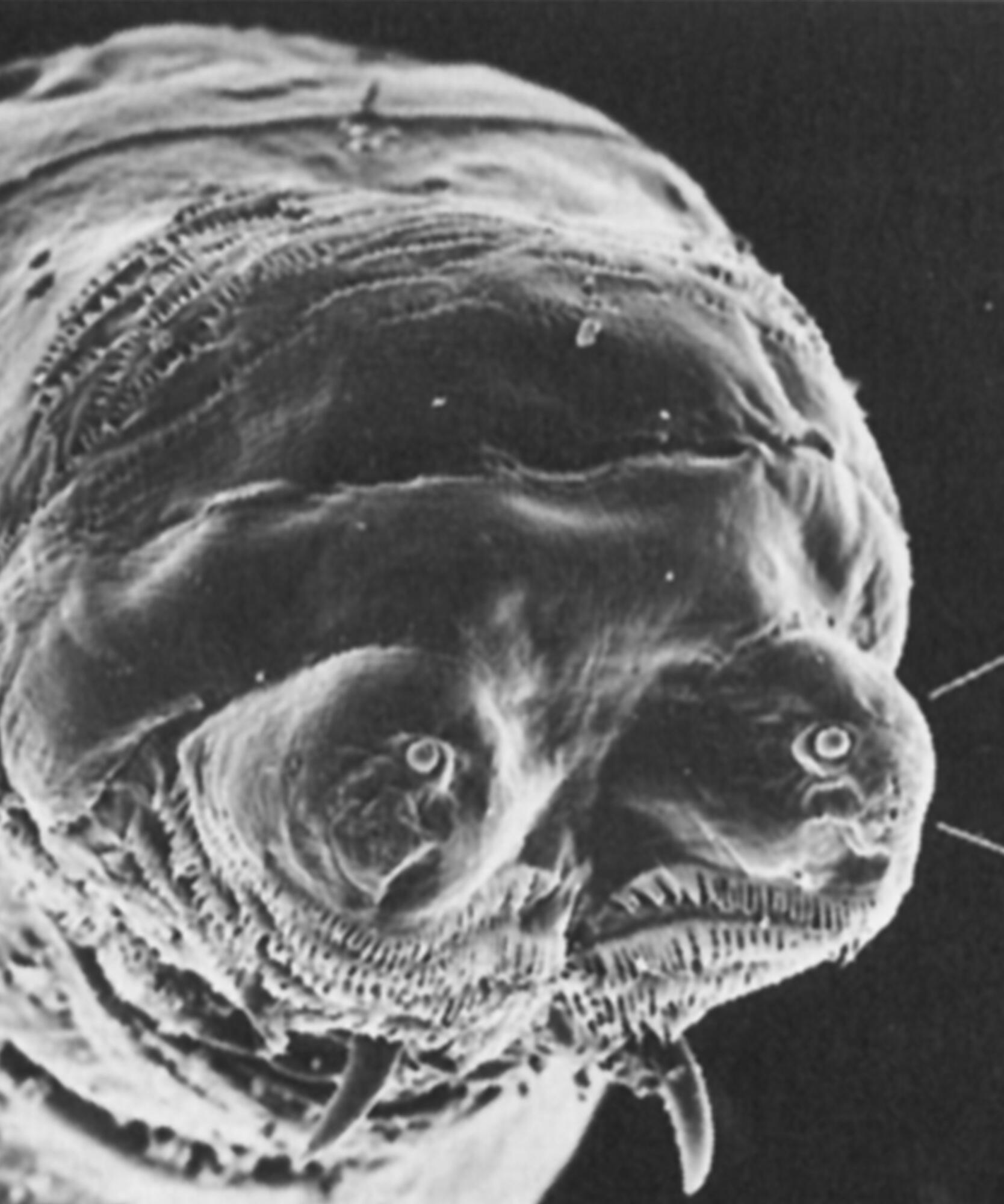
Free Public Event: From Leeuwenhoek to the electron microscope
14 September 2023: Join us for a discussion and Q&A with Professor Katharine Cashman FRS, Professor Matthew Cobb, and Dr Dirk van Miert to celebrate Antoni van Leeuwenhoek and the development of microscopy to the present day at the Royal Society.
In this discussion chaired by Dirk van Miert, director of the Huygens Institute for the History and Culture of the Netherlands, Katharine Cashman and Matthew Cobb will explore the development of microscopy and its applications in their respective areas of research. The presentations will be followed by a live Q&A, where audiences in person and online can join the conversation.
This event is taking place with the support of the Embassy of the Kingdom of the Netherlands in the United Kingdom. Image on the left: Photograph of a Maggot by Matthew Cobb
For more information on the event and speakers, please follow the link down below.
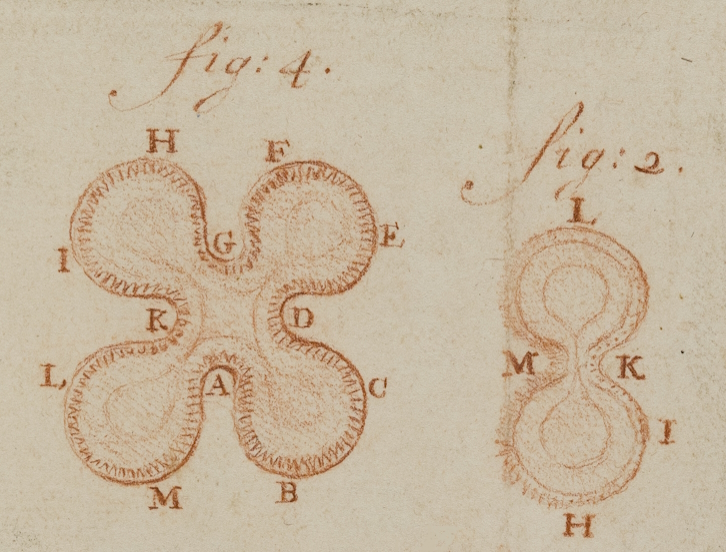
Conference at the Royal Society: Antoni van Leeuwenhoek and his impact on the history of microscopy
14-15 September 2023: Three hundred years ago the Dutch microscopist Antoni van Leeuwenhoek died. He had been corresponding with the Royal Society for fifty years. Leeuwenhoek, born in Delft in the Netherlands in 1632, developed himself into one of the most prolific early microscopists. He made his own lenses and small hand-held microscopes which were more versatile than most other devices at the time. With these instruments and his outstanding preparation and observation techniques, he was the first to see and describe red blood cells, bacteria and many other things.
In this conference we will take a close look at Leeuwenhoek’s seventeenth- and eighteenth-century microscopic practices as well as the development of the field of microscopy from his death to the twenty-first century. We will show how Leeuwenhoek was working as part of a large European network of scientists exploring the natural world with microscopes. The papers in this conference will make clear that microscopic practices and the way in which scientists communicated their findings to each other started in Leeuwenhoek’s time and are still used today.
Conference organisers: Dr Sietske Fransen, Bibliotheca Hertziana – Max Planck Institute for Art History; Drs Tiemen Cocquyt, Rijksmuseum Boerhaave; Professor Dr Eric Jorink, Leiden University & Huygens Instituut (Royal Netherlands Academy of Arts and Science; PI of Visualizing the Unknown).
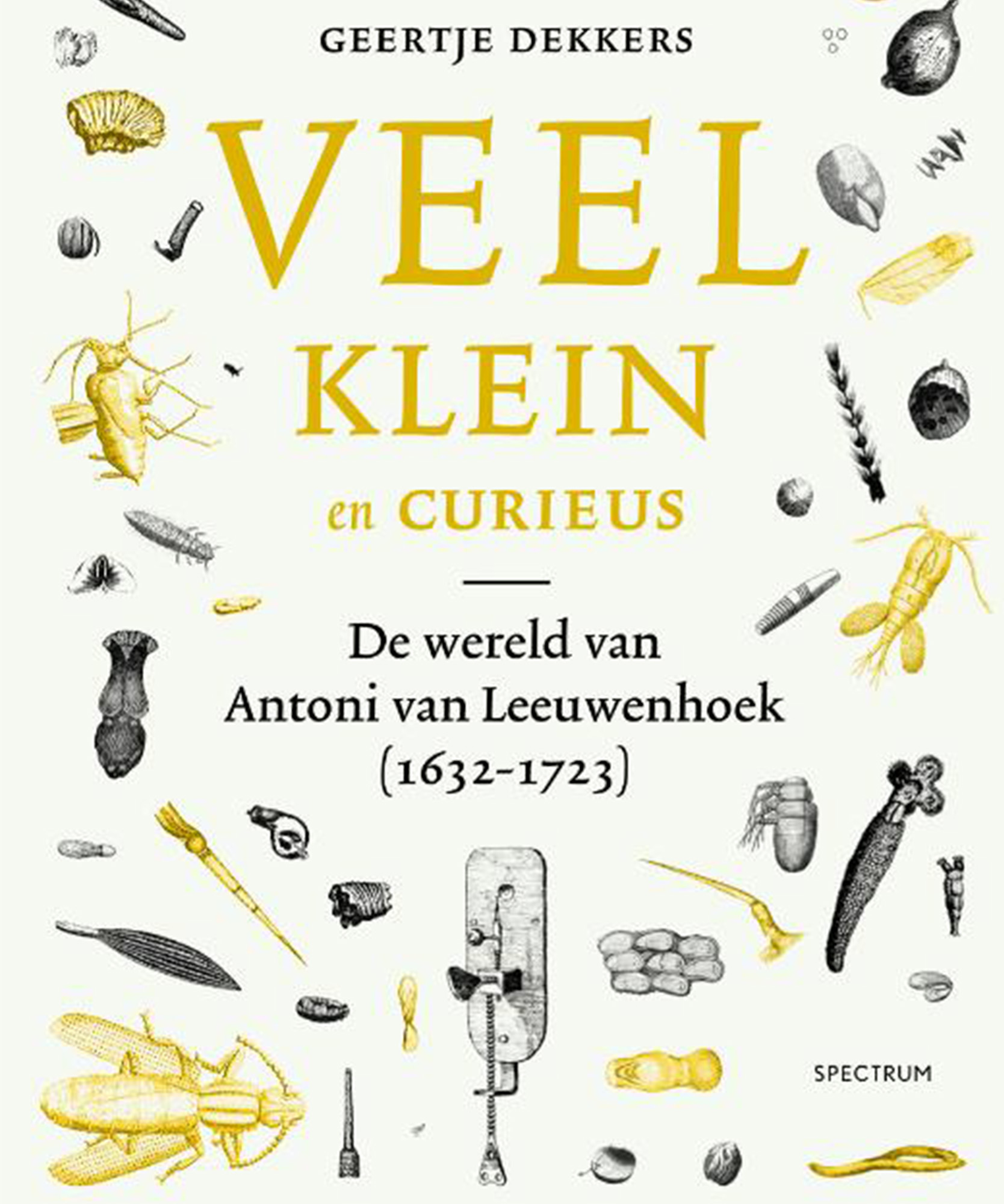
Book Presentation 'Veel, Klein en Curieus'
20 April 2023: Book Presentation at Rijksmuseum Boerhaave of: Veel, Klein en Curieus, de wereld van Antoni van Leeuwenhoek (1632-1723). A biography of the seventeenth-century Delft microscopist by historian, science journalist and team member of the MicroLabs of Visualizing the Unknown, Geertje Dekkers.
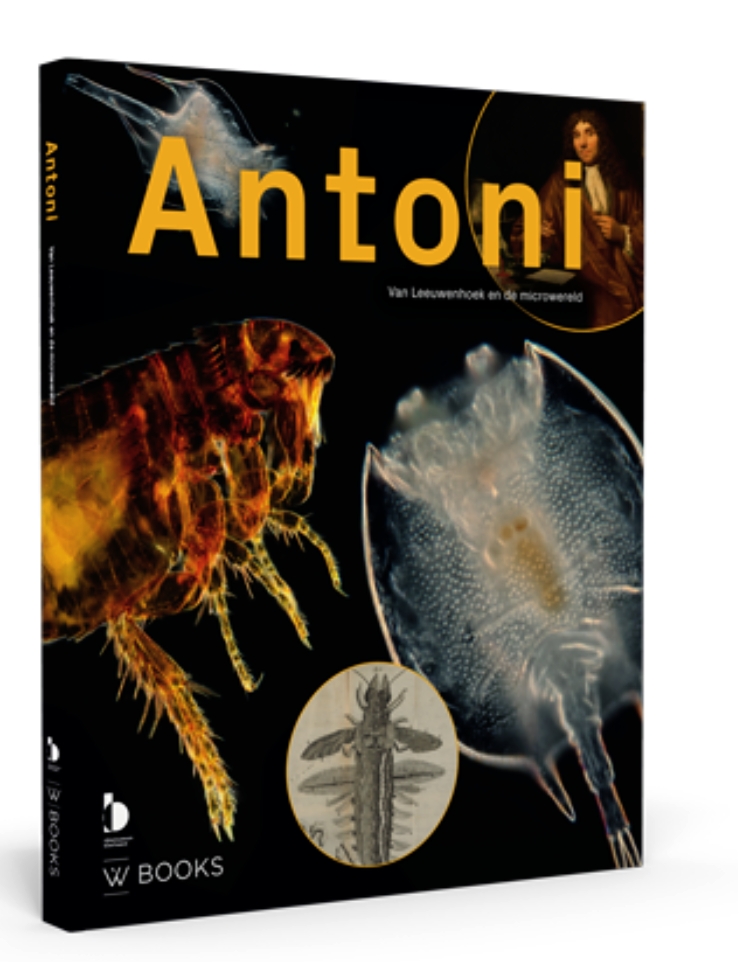
Book Presentation Antoni
18 April 2023: Book presentation of ‘Antoni | van Leeuwenhoek en de microwereld’ at Rijksmuseum Boerhaave
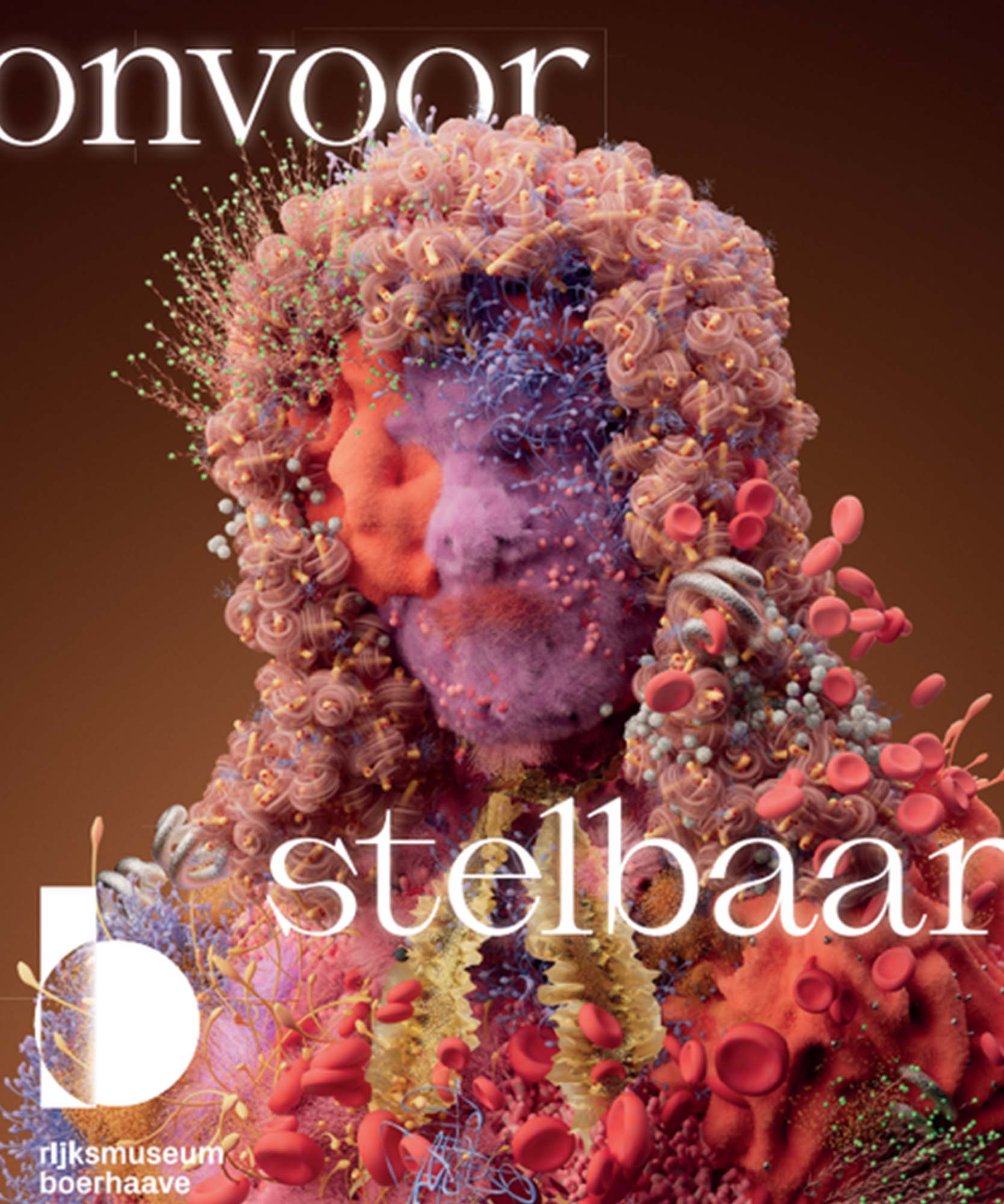
Exhibition Rijksmuseum Boerhaave: Onvoorstelbaar/Unimaginable
17 April 2023: Opening Van Leeuwenhoek exhibition Onvoorstelbaar/Unimaginable, at Rijksmuseum Boerhaave
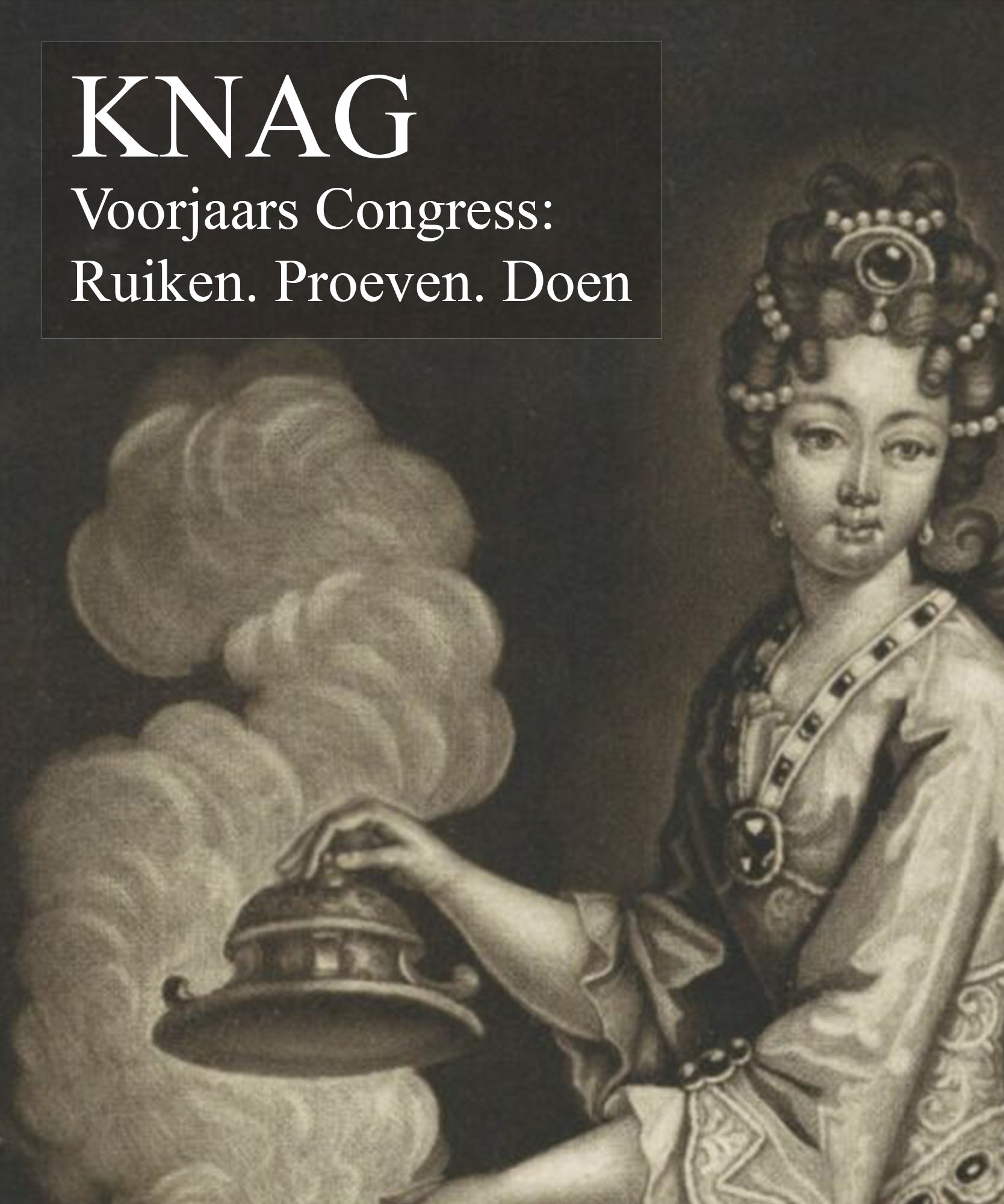
Congress KNHG: Ruiken, Proeven, Doen
13 April 2023: KNHG spring congress on peformative methods in historical reserach. Prof. Dr. Eric Jorink will take part in a round table discussion on re-making, re-doing methods and Visualizing the Unknown at the Dutch ‘Openlucht Museum’ in Arnhem.
Besides the round table, Eric will give a workshop together with microphotographer and microscopist Wim van Egmond, titled: Rebuild (and work) with a 17th-century microscope.

Colloquim NICAS
16 March 2023: Colloquim organised by NICAS where our PhD Student Ellen Pater will discuss the artistic skill and knowledge as well as the artistic processes involved in the production of early modern images made with the microscope by taking Johannes Swammerdam as a case study
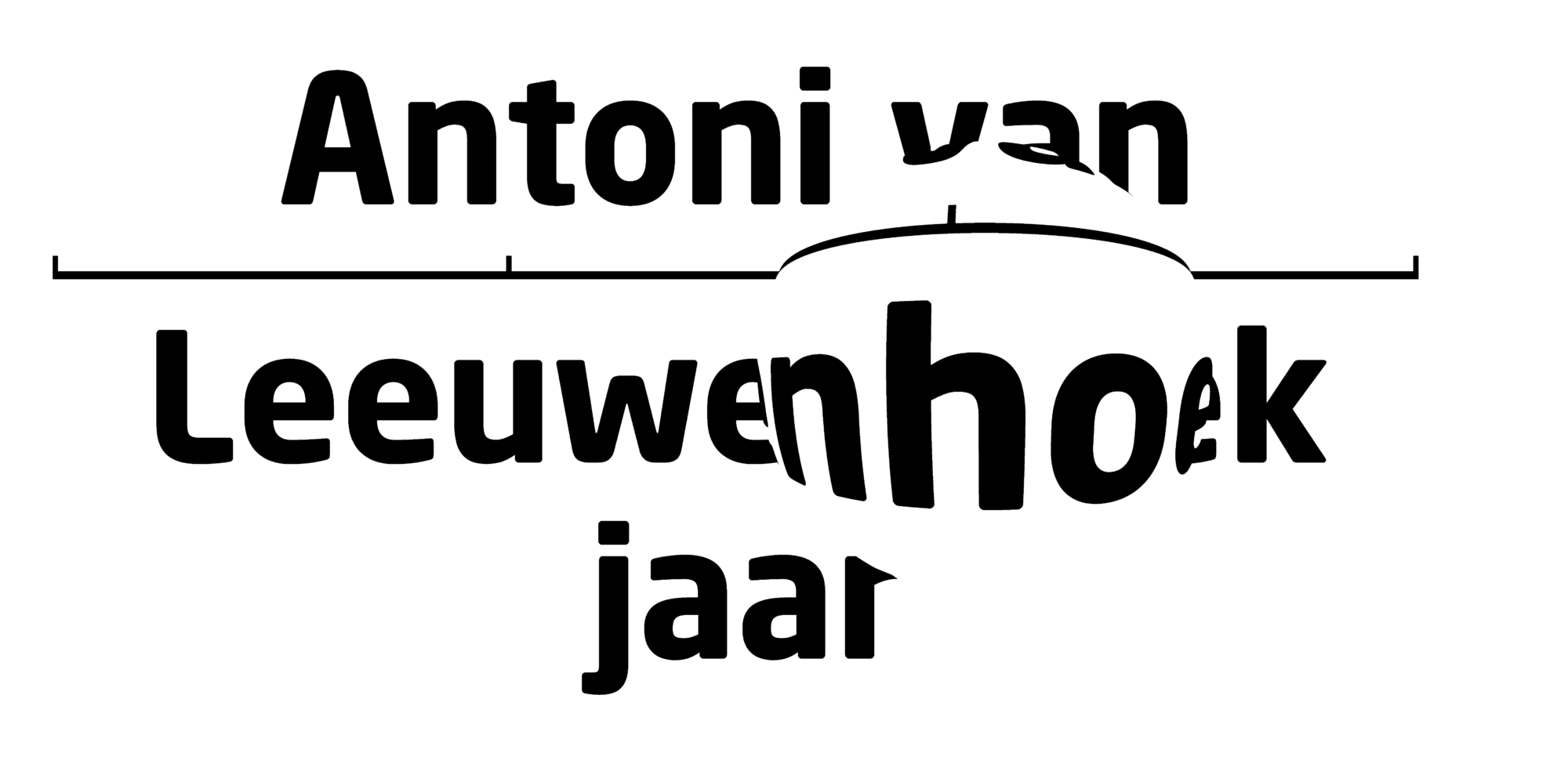
Opening: Antoni Van Leeuwenhoek-year 2023 and launch 'Door de lens van Antoni' project
24 November 2022: Opening, Trippenhuis, KNAW (Royal Netherlands Academy of Arts and Sciences, Amsterdam)
Organised by: Huygens Institute (KNAW), Shoreline Productions, KNAW Akademie van Kunsten
Made possible by: Huygens Institute, NWO-project Visualising the Unknown, Koninklijke Nederlandse Vereniging voor Microbiologie / Stichting Microcanon & de Microbenclub, Nederlands Instituut voor Biologie, TU Delft, Wim van Egmond Microphotography, Shoreline Productions

Crawly Creatures in Context. Observing, Representing, and how to Make Sense of Them?
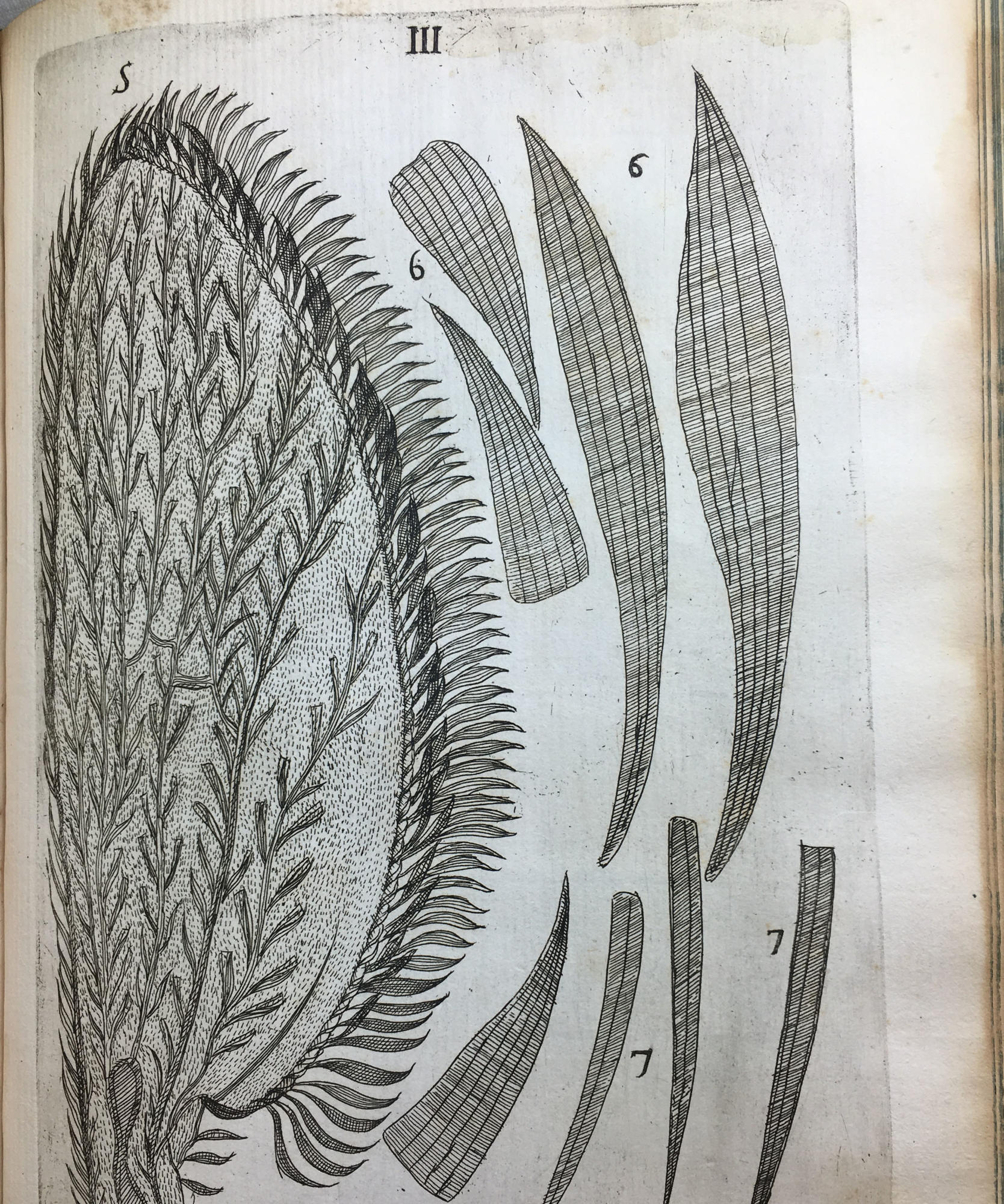
“Images and Institutions” The Visual Culture of Early Modern Scientific Societies
International Workshop in Rome: 14-16 September 2022
Organised by: Dr. Matthijs Jonker (Head of Art History and Cultural Studies at the Dutch Royal Institute in Rome) and Dr. Katherine Reinhart (Binghamton University)
Made possible by: Dutch Royal institute in Rome (NL), Max Planck – Bibliotheca Hertziana (DE/IT), Accademia dei Lincei (IT), Society for Renaissance Studies (UK), Huizinga Institute (NL) and Association for Art History (UK)
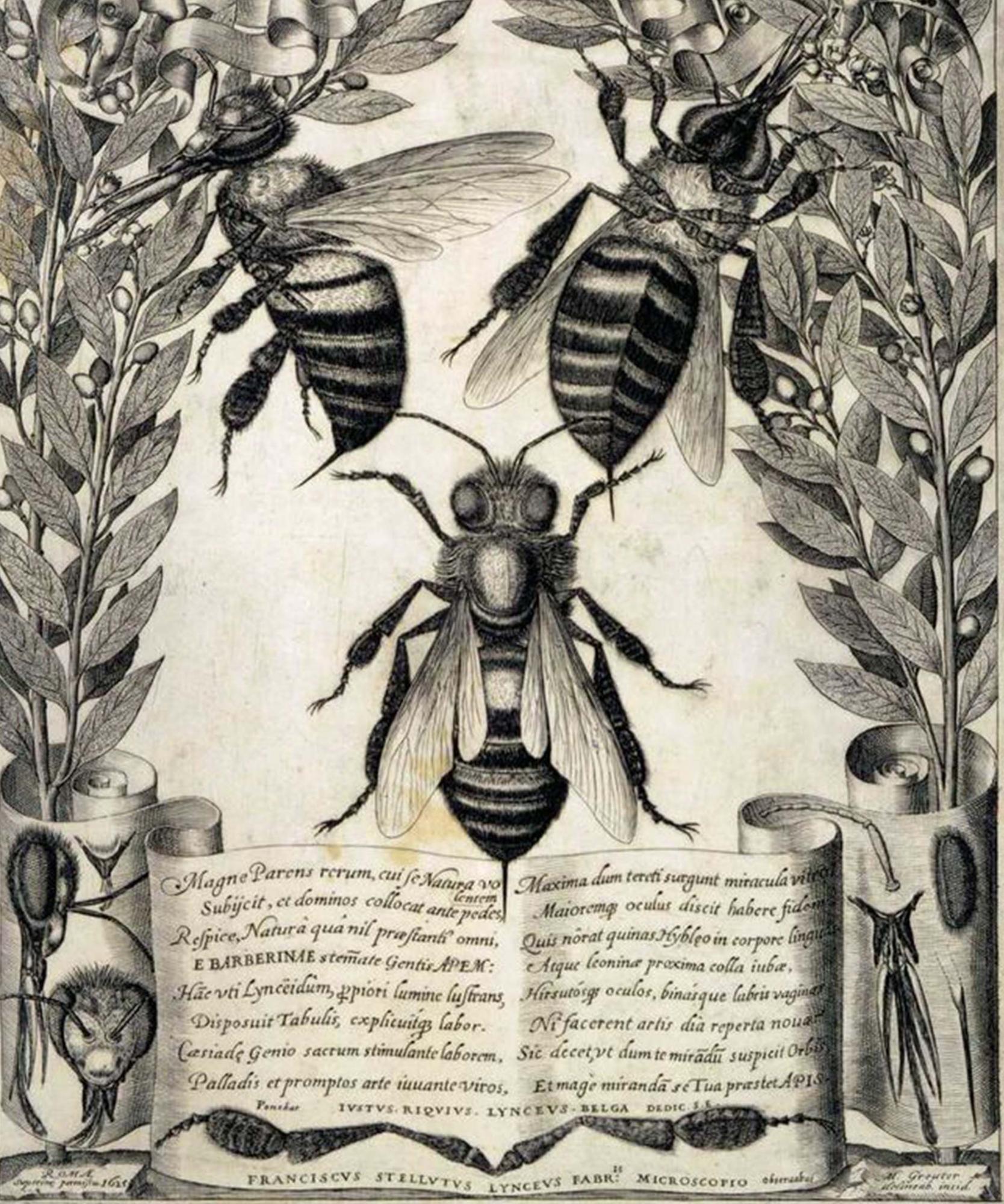
Workshop: Visual and Material Culture of Microscopy in Seventeenth-Century Italy
22-24 June 2022
International workshop at the Bibliotheca Hertziana – Max Planck Institute for Art History
Organized by Sietske Fransen (BHMPI) and Tiemen Cocquyt (Rijksmuseum Boerhaave).
Taking as as a starting point the drawings and printed images that were created by seventeenth-century microscopists and their artists. In a conversation between experts on seventeenth-century lenses (in microscopes and telescopes), early modern scientific instruments, epistemic images before and after the introduction of the microscope, the Italian microscopic networks, and drawing as an observational art, this workshop aims at understanding better the visual strategies of depicting the previously unseen and unknown.
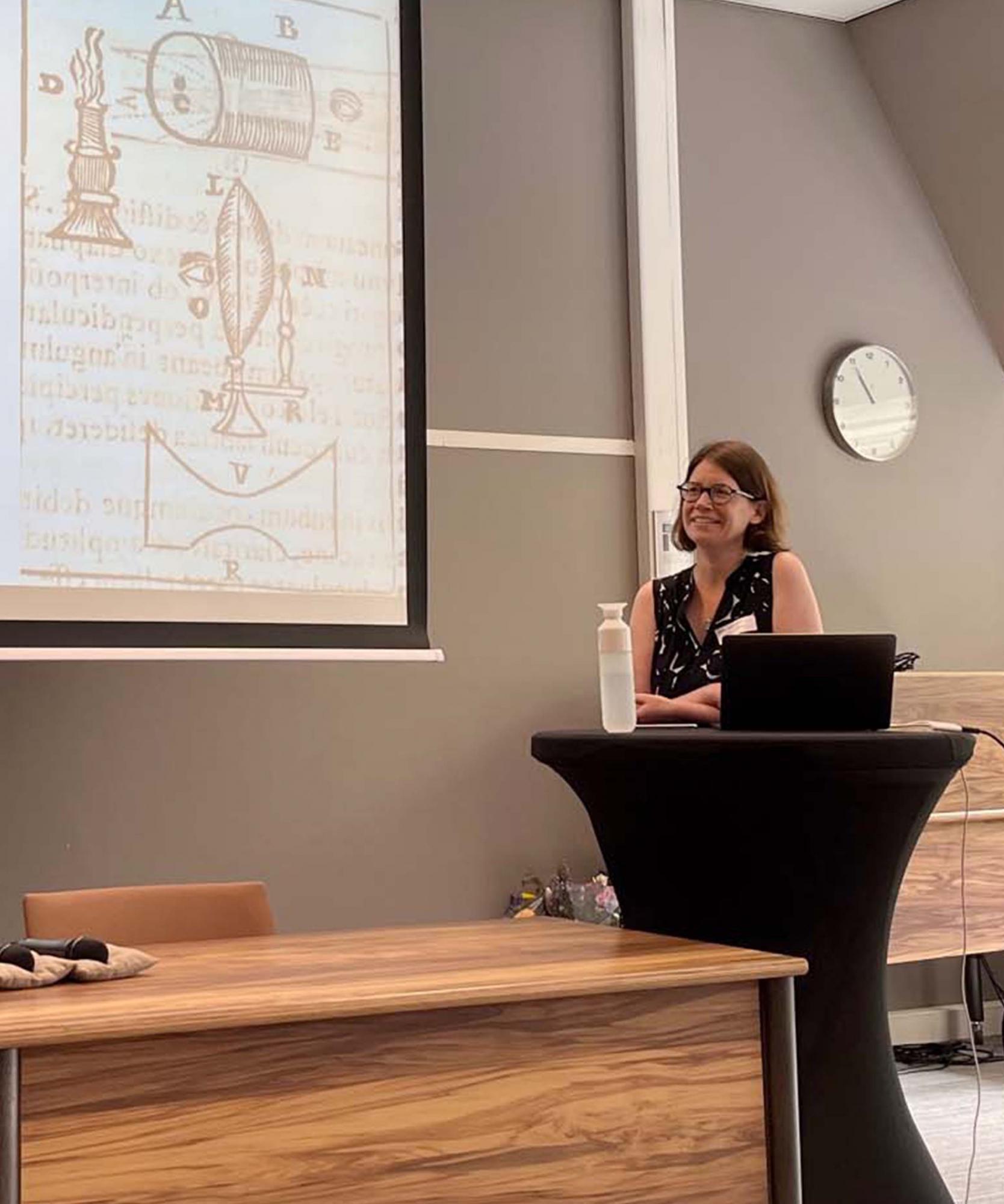
Keynote Lecture: Contested Observations: Seventeenth-Century Microscopy and the Challenge to See the Same
18-19 June 2022
At the 9th Gewina Meeting of Historians of Science in the Low Countries, Sietske Fransen (BH-MPI) gave a keynote lecture on seventeenth-century microscopy. Focussing on how microscopists communicated about and compared their observations, how different magnifying instruments were made and the visualization of the micro-world.

Research Seminar: Otto Marseus van Schrieck, Johannes Swammerdam and Paolo Boccone: Visual Strategies and Communicating Science

Kick-off: Visualizing the Unknown. Scientific Observation, Representation and Communication in 17th-century Science and Society
1 October 2021
Launch of the NWO-project Visualizing the Unknown. Videos of all presentations available via: Learn More.